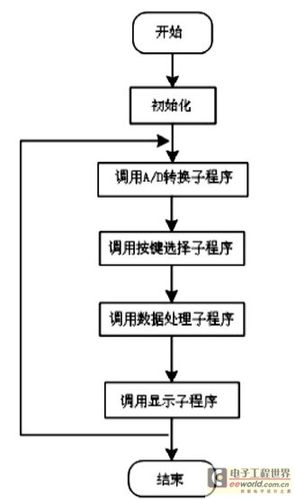Title: Exploring the Frontier of Medical Technology: A Comprehensive Book Guide
In the everevolving landscape of medical technology, staying updated with the latest advancements and breakthroughs is essential for professionals and enthusiasts alike. Here's a curated list of books spanning various subfields within medical technology, offering insights, innovations, and future prospects.
1. "The Patient Will See You Now: The Future of Medicine Is in Your Hands" by Eric Topol
Overview:
In this groundbreaking book, Eric Topol, a renowned cardiologist and digital medicine expert, explores how smartphones, big data, and artificial intelligence are revolutionizing healthcare. From personalized treatments to remote monitoring, Topol presents a compelling vision of patientcentered, techdriven healthcare.
Why Read:
Gain a deep understanding of how digital tools are reshaping the patientdoctor relationship and the broader healthcare landscape. Discover the potential of wearable devices, genomics, and telemedicine in improving medical outcomes and empowering individuals to take charge of their health.
2. "The Digital Doctor: Hope, Hype, and Harm at the Dawn of Medicine's Computer Age" by Robert Wachter
Overview:

Robert Wachter, a leading expert in patient safety and healthcare quality, delves into the intersection of medicine and technology in this insightful book. Through realworld case studies and thoughtprovoking analysis, Wachter examines the promises and pitfalls of electronic health records, decision support systems, and other digital innovations.
Why Read:
Explore the complex challenges and ethical dilemmas posed by the rapid digitization of healthcare. Learn from the successes and failures of technology implementation in hospitals and clinics, and gain valuable insights into navigating the digital future of medicine responsibly.
3. "The Emperor of All Maladies: A Biography of Cancer" by Siddhartha Mukherjee
Overview:
Siddhartha Mukherjee, an oncologist and Pulitzer Prizewinning author, traces the fascinating history of cancer in this magisterial work. From ancient times to modern research labs, Mukherjee unravels the mysteries of cancer through the lens of science, medicine, and human experience.
Why Read:
Embark on a profound journey through the past, present, and future of cancer research and treatment. Gain a deeper appreciation for the complexities of this disease and the relentless pursuit of a cure. Mukherjee's narrative skillfully combines scientific rigor with compassionate storytelling, offering readers both enlightenment and empathy.
4. "The Gene: An Intimate History" by Siddhartha Mukherjee
Overview:
In this masterful exploration of genetics, Siddhartha Mukherjee illuminates the intricacies of the gene, from its discovery to its profound implications for medicine and society. Through vivid storytelling and meticulous research, Mukherjee brings to life the scientists, breakthroughs, and ethical debates that have shaped our understanding of heredity and human health.
Why Read:
Delve into the history, science, and ethics of genetics, from Mendel's peas to CRISPRCas9 gene editing. Gain insights into the genetic basis of disease, the promise of precision medicine, and the ethical dilemmas surrounding genetic engineering. Mukherjee's lyrical prose and intellectual depth make this book a captivating journey into the heart of our genetic code.
5. "Deep Medicine: How Artificial Intelligence Can Make Healthcare Human Again" by Eric Topol
Overview:
Eric Topol returns with another compelling exploration of the intersection between medicine and technology. In "Deep Medicine," Topol argues that AI has the potential to revolutionize healthcare by augmenting clinical decisionmaking, streamlining workflows, and restoring the human connection between patients and providers.
Why Read:
Discover how AIpowered diagnostics, predictive analytics, and personalized therapies are transforming the practice of medicine. Explore the opportunities and challenges of integrating AI into clinical workflows, and learn how to harness the power of technology while preserving the essence of compassionate care. Topol's vision of "deep medicine" offers a roadmap for harnessing the full potential of AI in healthcare.
Conclusion:
From digital health to cancer research to genetics, the realm of medical technology is vast and everexpanding. The books listed above offer valuable perspectives, insights, and knowledge for anyone interested in exploring the frontier of medical technology. Whether you're a healthcare professional, a student, or simply curious about the future of medicine, these books provide a rich tapestry of ideas and discoveries to engage your mind and inspire your imagination.
*Note: The links provided are for reference purposes and may vary depending on availability and edition.*











